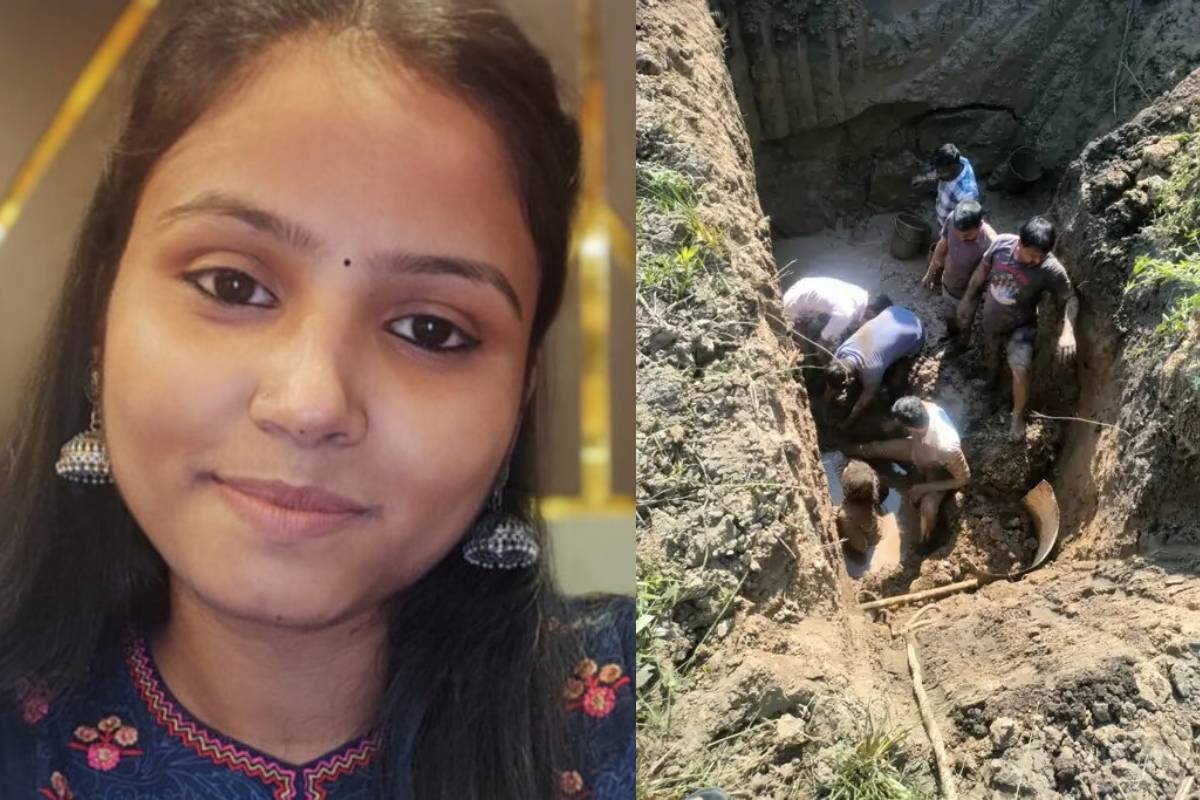

NEW DELHI: Surabhi Verma, a 24-year-old PhD student from the Centre for Atmospheric Sciences at IIT Delhi, lost her life, and three others were injured after the soil collapsed in a 10-feet-deep pit they had entered to collect soil samples. This comes at the Lothal archaeological site in Gujarat, a significant location of the ancient Indus Valley Civilisation when a research team from IIT Delhi and IIT Gandhinagar faced this horrific accident on Wednesday.
The team comprised two members each from IIT Delhi and IIT Gandhinagar, aimed to study the archaeological remains of the Harappan port town of Lothal. The incident unfolded at around 10:30 AM when Surabhi Verma descended into the pit along with Yama Dixit, her archaeologist professor. Tragically, the soil gave way, burying them both.

Ahmedabad Rural SP Omprakash Jat reported that emergency services, including an ambulance, fire brigade, and local police, promptly arrived at the scene for rescue operations. Despite their swift response, Verma was declared dead at the site. Dixit was seriously injured and transported to a hospital, where she is currently in stable condition. The two assistant professors from IIT Gandhinagar present during the incident escaped with minor injuries.
The untimely demise of Surabhi Verma has sent shockwaves through the academic community, highlighting the inherent risks associated with field research. Verma’s dedication to her work and tragic end underscore archaeological research’s unpredictable nature.
ALSO READ: Himachal Pradesh fires: Kullu, Chamba districts hit hard
Lothal, situated 80 km from Ahmedabad, remains a pivotal site for understanding the Indus Valley Civilisation’s history. This incident serves as a sombre reminder of the sacrifices made by researchers in their quest for knowledge. As the investigation into the collapse continues, the academic community mourns the loss of a promising young scholar dedicated to uncovering the past.
The tragic accident at Juna Lothal stands as a stark reminder of the need for enhanced safety measures during field research, ensuring the protection of scholars who risk their lives to advance our understanding of history.